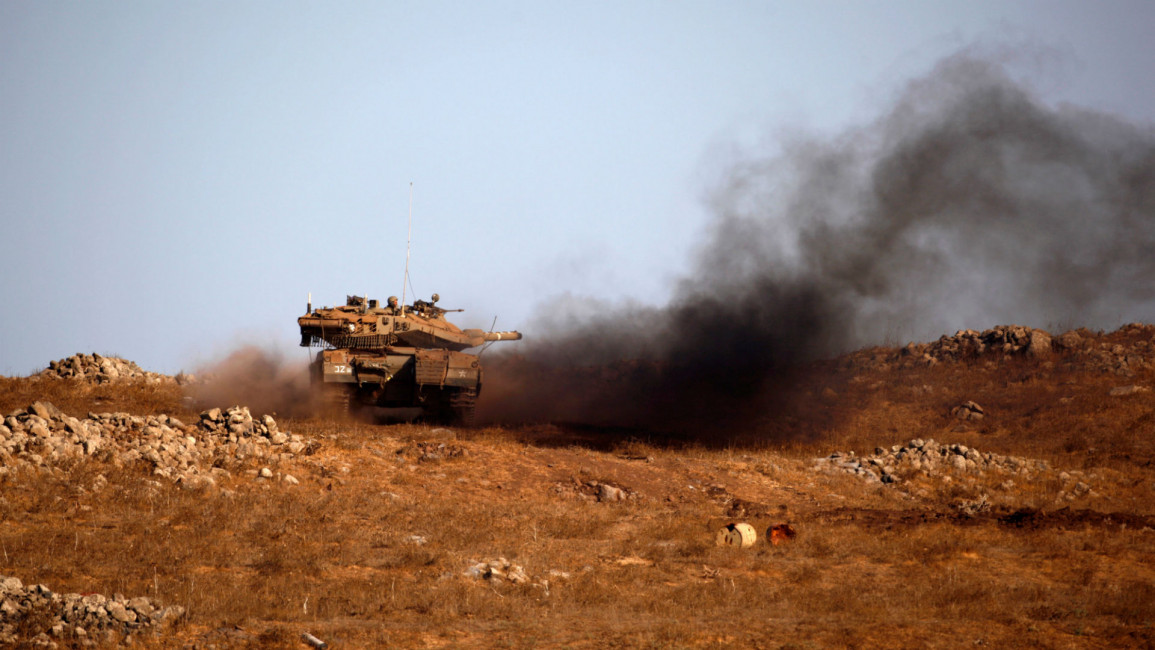Israel to 'occupy south Lebanon' in future war with Hizballah
Israel withdrew its forces from southern Lebanon in 2000, having occupied parts of the country for 22 years as part of its involvement in the Lebanese civil war amid a crackdown on PLO forces in the country.
A senior Israeli officer involved in an ongoing large-scale military drill simulating war with Hizballah told The Jerusalem Post on Monday that Israel is not aiming to occupy southern Lebanon for significant periods of time, but would seek to destroy Hizballah's infrastructure and military capabilities in any future conflict.
"Hezbollah is an army, even if it doesn't have tanks. It acts and thinks like an army," the Israeli division commander said, according to The Jerusalem Post.
Hizballah could fire up to 1,500 to 2,000 rockets per day at Israel in any future conflict, the senior officer warned, while the group could also infiltrate Israeli communities in the north.
Israel has precise intelligence on thousands of Hizballah targets in the event of a war and would kill all ground commanders to deter the powerful Shia group, senior Israeli officers added, claimed The Jerusalem Post.
Tens of thousands of Israeli soldiers began a huge military exercise last week simulating conflict with the Lebanese Hizballah movement, the largest war drill in over two decades.
The last time the Israeli military held a drill of this scale was in 1998 when it simulated a war with the Syrian army for a week.
Hizballah's role in the war in neighbouring Syria has raised tensions with Israel, with top officials issuing overt threats in recent months about the scale of devastation in any future conflict.
Earlier this year, a top military general warned that Israel's military would strike Lebanon hard and fast in case of conflict, warning Lebanese civilians of a high potential of "collateral damage" if they did not flee any future fighting.
In 2006, a month-long war between Israel and Hizballah killed more than 1,200 Lebanese civilians, displaced over one million, and devastated infrastructure in the country.



